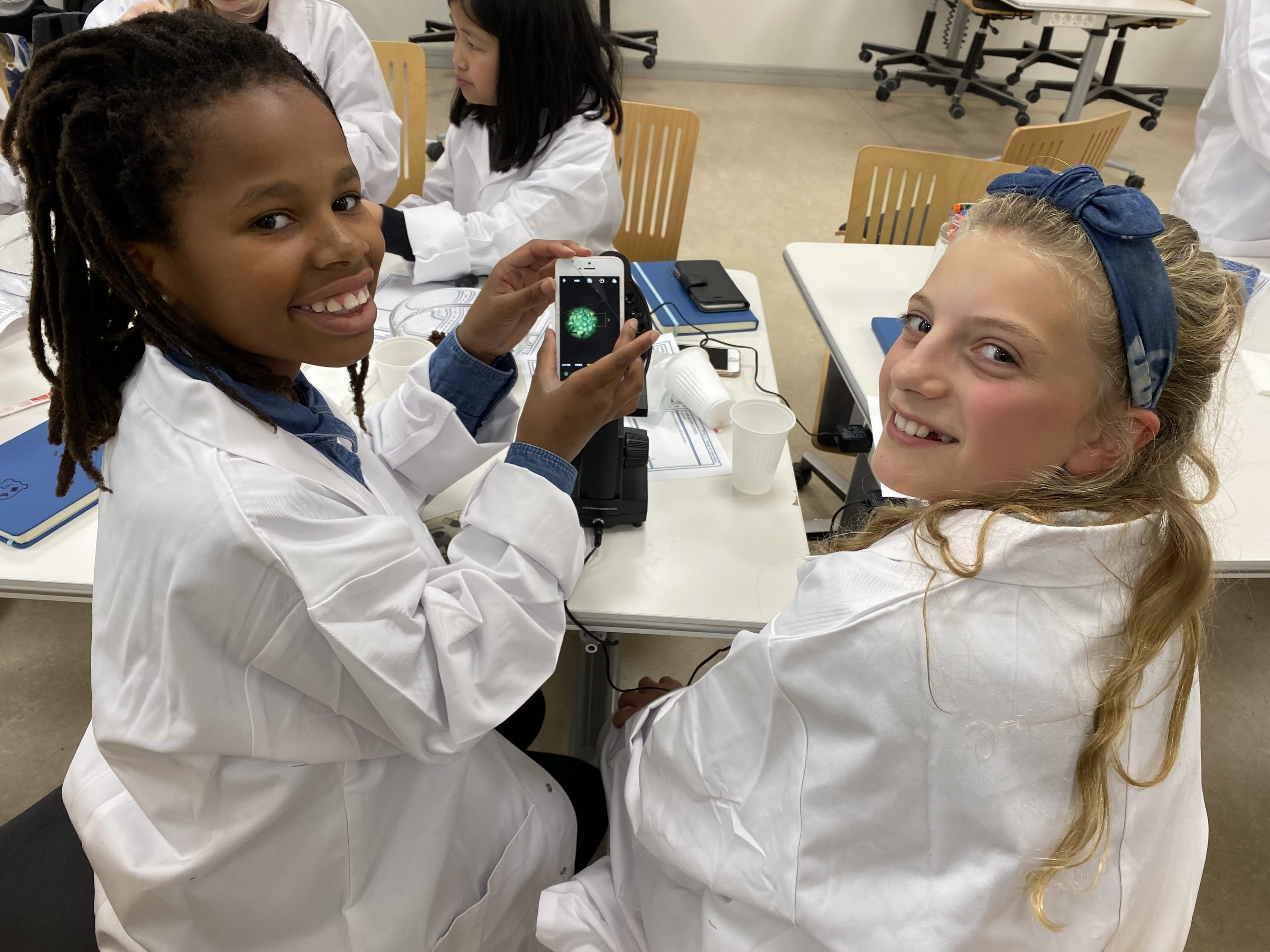Science Club Denmark is a free-of-charge leisure initiative enabling children in grades 4–6 to study the natural sciences in the same way as children participating in football, scouts, and riding lessons.
The purpose of Science Club Denmark is to create enthusiasm for the natural sciences and pave the way for science to be included in the general education of children and young people in Denmark. The children learn about critical thinking, scientific methods, and the latest research in various scientific fields.
In Science Club Denmark, mentors from upper-secondary school teach the younger children. No teachers are present during the lessons and there are no competitions or grades. The aim is to have fun together, developing friendships and creating enthusiasm for science.
Rikke Schmidt Kjærgaard, founder and Executive Director of Science Club Denmark, believes that knowledge about the natural sciences and scientific methods should be part of the general education of children and young people.
“This is currently not the case, which is a big mistake. Knowledge about both science and the humanities is important for understanding what being human in the world means,” she says.
The Foundation has supported Science Club Denmark since 2018 when it awarded DKK 15.8 million. In 2023, the Foundation renewed its support, granting DKK 30 million for 2024-2028. By the end of this granting period, around 3,000 children and young adults will participate each year.
Based on the renewed grant, Science Club Denmark will also work to create an international conference within the after-school communities of children and young adults to share knowledge and experience with other stakeholders and organisations in this field.








